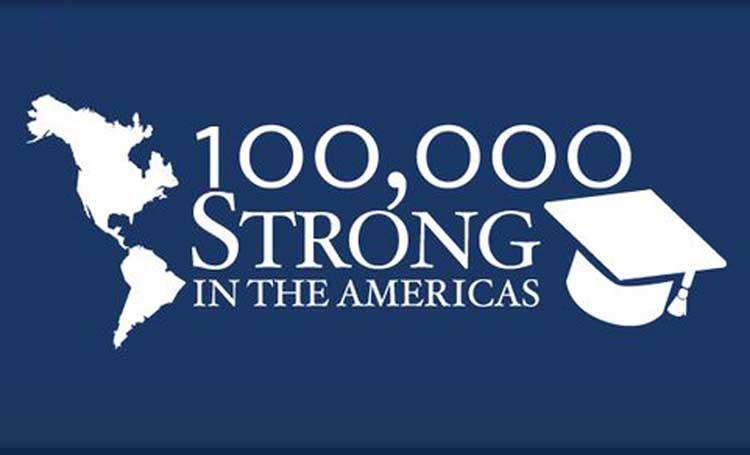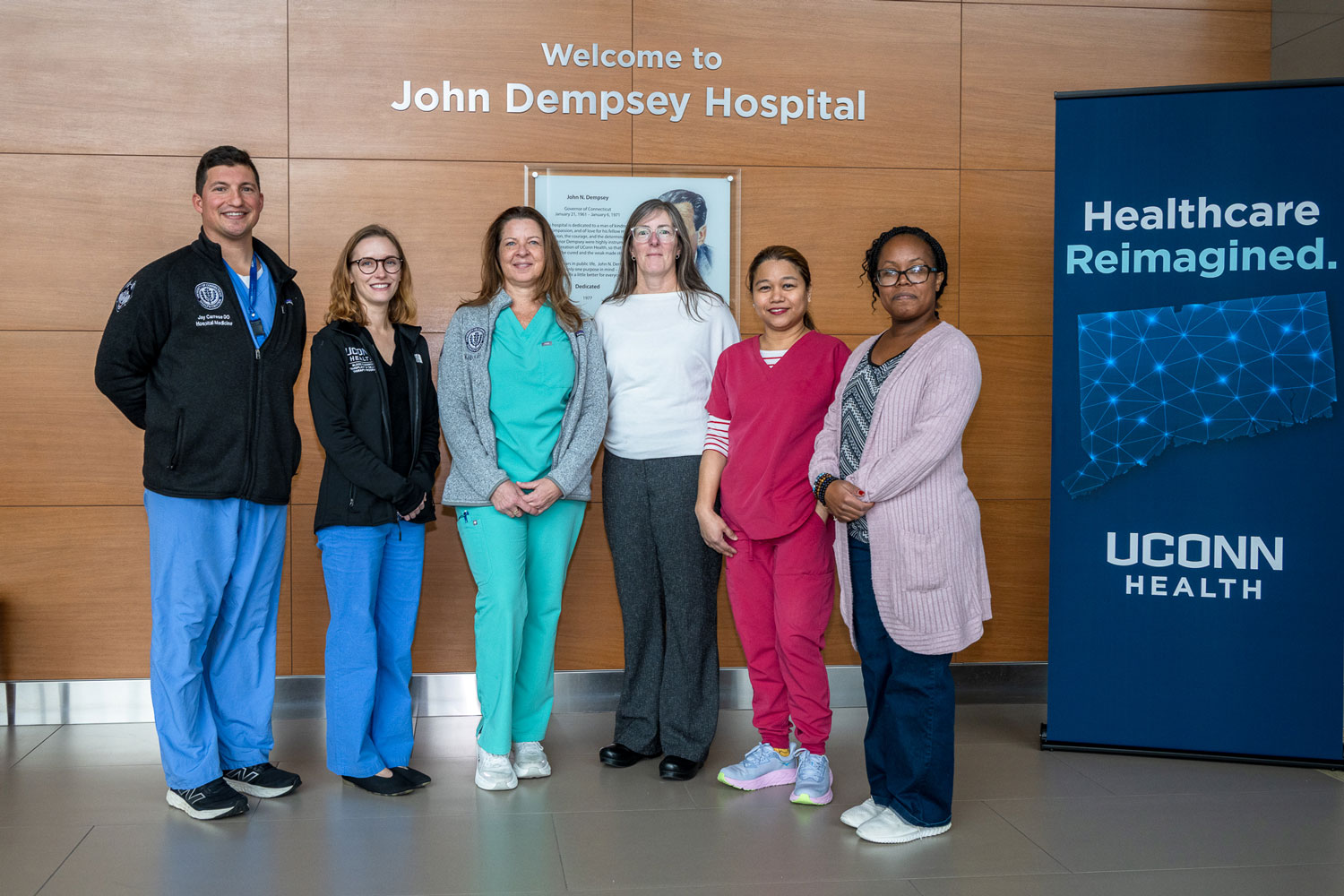The University of Connecticut (UConn) has been selected as a grant award recipient of the 100,000 Strong in the Americas Innovation Fund’s The Marlene M. Johnson Innovation Challenge sponsored by NAFSA: Association of International Educators and CAF Development Bank of Latin America. The goal of 100,000 Strong in the Americas—the leading education initiative in the Western Hemisphere—is to increase the annual number of U.S. students studying in Latin America and the Caribbean to 100,000 and bring 100,000 students to the United States by 2020. Innovation Fund grants fuel partnerships between higher education institutions in the United States and the rest of the Western Hemisphere to create new student exchange and training programs. Innovation Fund grants build institutional capacity, increase student mobility, provide more student exchange opportunities and enhance regional education cooperation in the Americas.
UConn with Cuban partner institutions: Instituto of Ciencia Animal (ICA), Instituto Nacional de Ciencias Agrícolas (INCA), Centro Nacional de Sanidad Agropecuaria (CENSA), and Universidad Agraria de La Habana (UNAH) have created the accepted proposal the U.S.-Cuba Student Mobility Program on Food Production and Food Security which will create a new program for students to undertake field-based research and advance their knowledge and bi-cultural collaboration in the economic, environmental and societal issues that impact agriculture production and food security in the United States and Cuba. While in Cuba, U.S. students will learn about the evolution of food systems and meet with farmers, scientists, government officials, community leaders, and urban agriculture practitioners to learn about the history of and future vision for food production and food security. Similarly, Cuban graduate students and faculty will be exposed to the management of national and local natural resources, and the challenges, sustainability, and economy of agriculture production systems. UConn’s College of Agriculture, Health, and Natural Resources’ Cuban counterparts: ICA, INCA, CENSA, and UNAH, are the leading agricultural institutions in Cuba tasked by the Cuban Government with performing research. The collaborative relationship between UConn and this Cuban educational and research consortium was established in January 2017 with the support of UConn’s Office of Global Affairs and encourages an enhanced level of understanding and appreciation of each other’s culture, society, values, and institutions after participating in the program; and that they will gain new knowledge and insights into issues and challenges around agriculture. The exchange program and collaborative relationship is supported jointly by UConn’s College of Agriculture, Health, and Natural Resources and Global Affairs.
Global Affairs at UConn supports student exchange and scholarly activities and is committed to fostering growing connections between Cuban students and scholars and the global faculty and student body at UConn, as well as encouraging UConn students and faculty to engage in research and programs in Cuba. One of UConn Global Affairs’ eight strategic objectives is to “Increase and diversify study abroad participation and opportunities,” and the Marlene M. Johnson Innovation Challenge for U.S.-Cuba, Caribbean, and Central American Academic Mobility program is an exciting opportunity to expand upon this objective. The program will foster goodwill and lead to new relationships, professional networks, and communities of practice between people of Cuba and people of the U.S.



